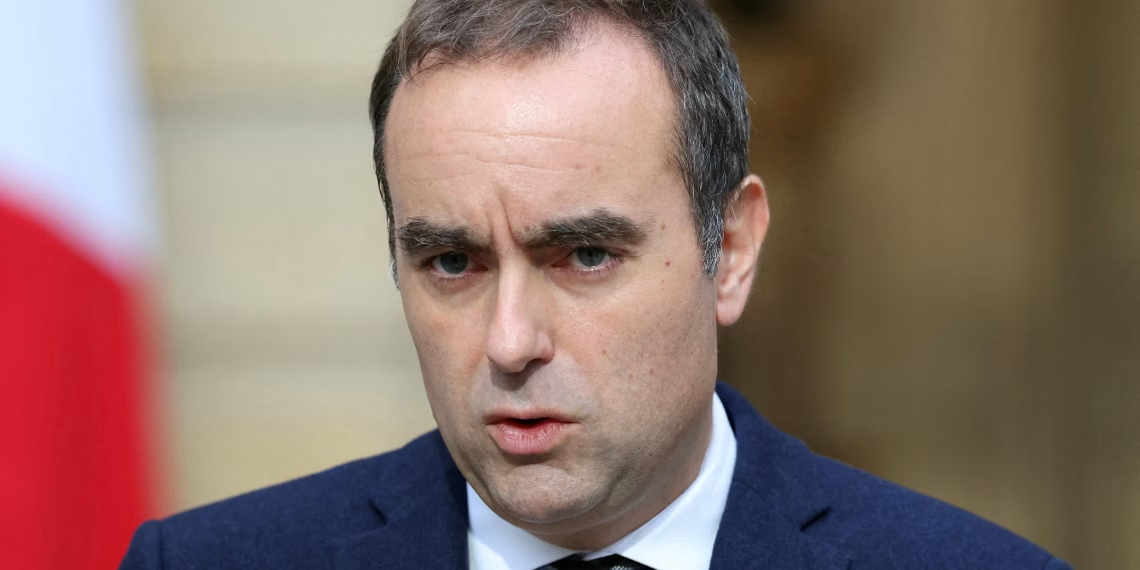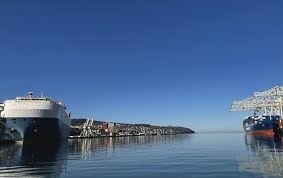Prime Minister Resignation Deepens Crisis
France is currently experiencing significant political instability, which has profoundly impacted its economic performance. The resignation of Prime Minister Sébastien Lecornu, just 27 days into his term, has exacerbated the nation’s fiscal challenges and undermined investor confidence. This marks the third prime ministerial resignation within a year, highlighting the deepening political crisis (The Washington Post).
Lower GDP Forecasts and Consumer Confidence
The Banque de France has revised its 2025 GDP growth forecast downward to 0.7%, down from a potential 1%, attributing this slowdown primarily to diminished household spending and delayed business investments. Household confidence remains historically low, with savings rates rising to 19%, the highest in Europe (Le Monde.fr).
Business Investment Decline
Business investment, a crucial driver of GDP growth, has fallen by 1.5% since the dissolution of the Assemblée Nationale in June 2024. Uncertainty surrounding corporate taxes and politicized decision-making has contributed to this decline. Additionally, delays in appointing leadership for state-owned enterprises have further strained the business environment.
Fiscal Challenges and Debt Concerns
The political crisis has also strained public finances, costing approximately €4 billion and increasing government borrowing costs. Fitch recently downgraded France to the single-A rating tier, citing the limited scope for fiscal reform amid this political uncertainty. S&P Global also highlighted France’s excessive government spending—57% of GDP, the highest among rated nations—and stressed the difficulty of passing a compliant budget through the fragmented parliament (Reuters).
Possibility of Economic Recovery
Despite these challenges, analysts suggest that a recovery is possible if political stability returns. Some postponed investments may resume, potentially leading to an economic rebound. However, external factors, such as U.S. tariffs and the ongoing war in Ukraine, continue to exacerbate economic difficulties. Nevertheless, France’s downturn remains sharper than that of other EU countries, highlighting the need for political and economic reforms to restore investor confidence and stimulate growth.
Fiscal Outlook and Political Paralysis
The political instability in France has led to significant fiscal challenges, further complicating the nation’s economic outlook. The resignation of Prime Minister Lecornu has intensified concerns about the government’s ability to implement necessary fiscal reforms. The fragmented parliament, resulting from the 2024 legislative election, has made it increasingly difficult to pass a compliant budget, raising fears of a potential fiscal crisis (Reuters).
The government’s high level of spending, approximately 57% of GDP, limits its fiscal flexibility and increases vulnerability to external shocks. The inability to enact meaningful fiscal reforms exacerbates the situation, as public debt continues to rise. The political paralysis has also led to increased borrowing costs, further straining public finances (Reuters).
Options for President Macron
In response to the ongoing crisis, President Emmanuel Macron faces limited options. He may appoint a new prime minister to form a coalition government, dissolve the National Assembly and call for snap elections, or take further action himself. Each of these options carries risks and uncertainties, particularly concerning the potential strengthening of far-right factions such as the National Rally.
Public Sentiment and Social Unrest
The political turmoil has also had repercussions on public sentiment. Protests and strikes have intensified, with the “Bloquons tout” movement gaining momentum. This grassroots movement, supported by La France Insoumise and other left-wing groups, has organized nationwide shutdowns to oppose austerity measures proposed by the government. The movement’s actions have disrupted daily life and further eroded public trust in the government’s ability to manage the economy.
Conclusion
In conclusion, France’s political instability has significantly impacted its economic performance, leading to slowed growth, increased fiscal challenges, and heightened public unrest. The government’s inability to implement necessary reforms and the fragmented political landscape have created a precarious economic situation. Restoring political stability and enacting effective fiscal policies will be crucial for France to navigate these challenges and secure a sustainable economic future.







